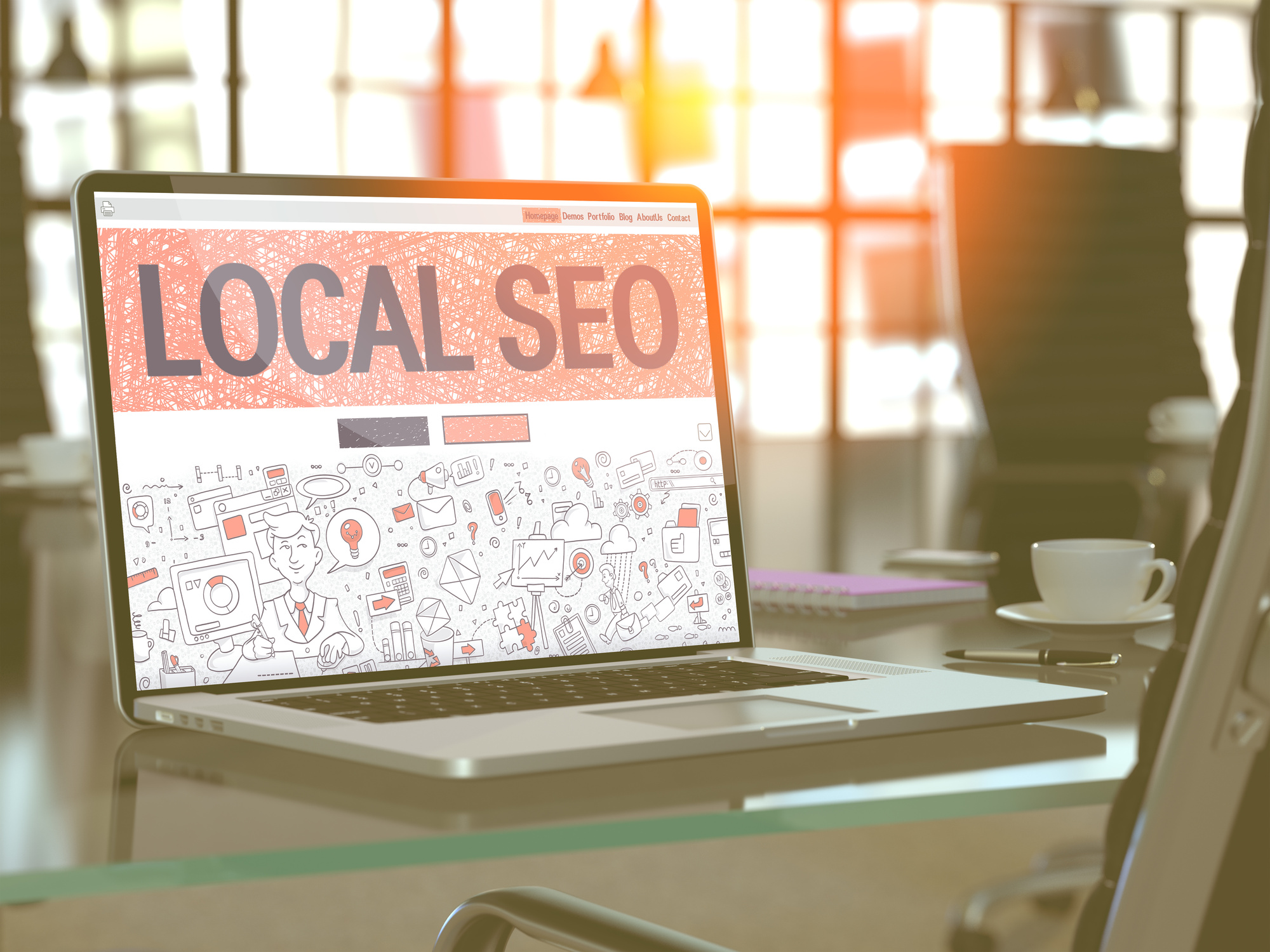Did you know that 68% of online experiences start with a search engine? Of course, it’s not just about showing up. It’s about where you show up. As the old SEO joke goes, the best place to hide a dead body is the second page of Google search results. After all, a meager 0.78% of searchers click on results on the second page.
Search engine optimization is about so much more than just rankings. It’s about getting noticed online—and setting your business up for success. And yet, many business owners fall prey to the same SEO mistakes. One of the biggest ones on the books is not understanding the different types of SEO available to you.
Here’s a look at the difference between organic SEO and local SEO and what each one can do for your business.
What is Search Engine Optimization?
First, let’s refresh the basics.
Search engine optimization, or SEO, is the process of increasing your website visibility when people search for products, services, or information relevant to you on search engines (yes, there’s more than just Google). You do this through a collection of techniques used to trigger relevancy cues in search engines.
When a search engine like Google provides results, it’s not trawling the whole Internet every time someone types in a query. It maintains a search index, sort of like the index at the back of a textbook. When a search engine receives a query, it looks for the relevant keywords in the search index. The search engine has already crawled the Internet and ranked sites, so all it has to do is display results based on the relevancy of various keywords in your search.
As a website, your job is to get noticed by web crawlers so that you stand a chance of getting noticed by humans. This is where organic and local SEO comes in.
What is Organic SEO?
Organic SEO is what you think of when you think of the word SEO. In fact, when we talk about SEO, we’re usually referring to organic SEO as a baseline. This is the most common form of SEO and the basic starting point for other SEO tactics.
Organic SEO refers to the methods and processes you use to obtain a higher search engine ranking for your website. In doing so, you make your website more search engine-friendly, which makes it easier for a search engine to index you and thus improves your odds of ranking for relevant keywords.
It is not to be confused with paid ads (that’s PPC). The whole point of organic SEO is that it’s just as au naturel as your carrots—your content should be relevant enough and your site should be strong enough that you should be able to rank without paying for an ad. In theory, organic SEO is free, but in the hypercompetitive world of SEO, you’ll likely pay for it anyway, usually by hiring an expert.
Organic SEO relies on keywords. They can be just about any keyword targeting pretty much anyone. The goal is to find relevant information, and if your content is relevant, your site can rank.
What is Local SEO?
Local SEO uses a similar premise with a slightly different objective.
Like organic SEO, local SEO aims to improve your visibility to search engines (and thus to your customers). Like organic SEO, it relies on keywords to do this. The difference lies in specificity.
Organic SEO targets just about anything. Local SEO, on the other hand, focuses specifically on keywords with a local component. This is when you run into searches like “pizza shop near me” or “bakery in Atlanta”. These are keywords with a specific geographic range, and because of that, they target a smaller group of customers—those within walking or driving distance of your storefront.
These are customers looking to fill an immediate need, which is why they’re looking for a product or service nearby. For this reason, they often visit your business within the day, and they often make a purchase within the day. Because of this, their conversions often look different—things like route planning, phone calls, or offline purchases.
Why the Difference Matters
This is a subtle but important difference, and it critically informs how to use SEO.
Organic SEO Targets pretty much anyone. Because of this, the buying timeline for such customers can be just about anything. Maybe they’re looking to buy today or maybe in a month. Maybe they’ll stop by your store, or maybe they’re on the other side of the world. For organic SEO, the important part is that they’re a customer who might do business with you, which means you can convert them.
Local SEO is specifically concerned with customers in your immediate vicinity. These are customers with an immediate need, often within 24 hours, and they’re looking for someone who can fill it right now. And if you grab their attention, they may convert.
If your head is spinning, this is where SEO services can help. You don’t just need organic or local—most businesses need both. SEO services know how to strike a balance between the two so that you can achieve maximum growth and a website that’s built for the needs of both customers.
Build a Website for Business Success
Organic SEO and local SEO offer a slightly different premise, but both are powerful tools to attract a loyal customer base.
Our job is to help you build a site and a conversion system that’s ready for that customer base. We’re the number one pop-up software of choice to grab your customers’ attention and make those conversions once SEO lands them on a page. So if you’re ready for conversion that supports your future goals, check out what PopUp Domination can do for your marketing.
